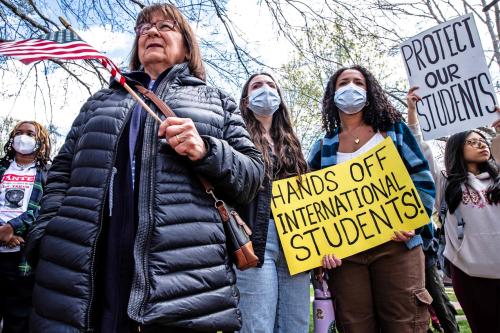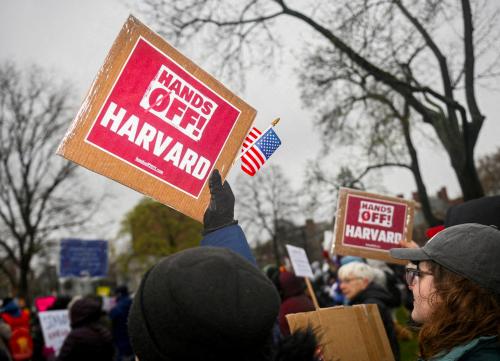The teachers who have been demonstrating and creating chaos on the streets of Mexico City have mostly come from Oaxaca, Guerrero and other provincial areas in the south of the country. They belong to the Coordinadora Nacional de Trabajadores de la Educación (CNTE)—a rival union to the older, more established National Union of Education Workers (SNTE)—created in the 1980s with the support of the federal government to counter the urban-based SNTE and its powerful leader at the time.
Now the CNTE has become a huge thorn in the government’s side by strongly opposing the reforms to Mexico’s education system, especially those that force teachers to be periodically evaluated by an independent body and, if found lacking, to be sanctioned by dismissal. Ironically, the dominant SNTE union has mostly remained on the sidelines of this dispute, and the number of protestors against the reform is relatively small considering that the SNTE union is over a million strong and the largest organized labor group in Latin America. Also, the three main political parties in Mexico largely support the reforms.
After blockading the seats of both houses of Congress, various federal buildings, the Mexican Stock Exchange and the installations of both of Mexico’s national television networks, the demonstrators were able to force the government and legislators to a negotiation on the substance of the reform bill and even to push President Peña Nieto to change the date and venue of his first annual state of the union address on Sept. 1. Subsequently, and notwithstanding continued protests and opposition, both houses of Congress overwhelmingly passed the reforms with very minor concessions and the legislation now goes to President Peña Nieto for his signature.
During their blockades and marches, the CNTE had no real public support for their cause, either from Mexico City residents, who have had to live through agonizing traffic delays over the last couple of weeks, or from the parents of the millions of schoolchildren in Oaxaca, Guerrero and other states who are clamoring for shuttered schools to reopen and begin the 2013-14 academic calendar.
The Brookings Institution is committed to quality, independence, and impact.
We are supported by a diverse array of funders. In line with our values and policies, each Brookings publication represents the sole views of its author(s).



Commentary
Op-edWill Teachers’ Resistance Derail Mexico’s Education Reforms?
September 10, 2013